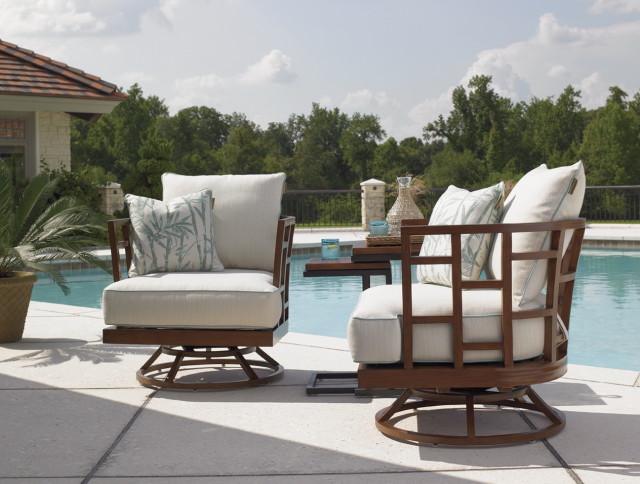Is your home feeling a little stuffy? Do you find yourself opening the windows only to be met with a blast of cold air? If so, it might not just be the weather outside that’s keeping you from staying cozy – your windows may also be contributing to your cooling woes.
Double-glazed Windows are a great way to make your home more energy-efficient and help reduce energy costs. They are made up of two layers of glass: an outer layer that filters sunlight and an inner layer that blocks heat diffusion.
This combination makes it impossible for warm air inside the house to escape, while still letting in light and fresh air.
Types Of Double-Glazed Windows
There are a number of different types of double-glazed windows, each with its own unique features and benefits. Here is a quick rundown of the most common types:
Low-E Glass
This type of window has an effective U-Factor (unitary effectiveness)of 1.4 or lower, which means it blocks out 98% or more of the sun’s heat and glare. It is also scratch resistant and very durable, making it ideal for use in locations where weather conditions can be harsh (e.g., outdoor gardens).
High-E Glass
Similar to low-E glass, high-E glazing offers excellent protection from sunlight and wind chill but with increased resistance to scratches and breaks due to its thicker panels. It’s typically used in residential applications where extra security is desired against burglars or unwanted visitors.
Windows With Dual Panes
These windows have two sheets of thick glass that work together to block out light and allow plenty of natural ventilation into your home during warm days or cold winter seasons without using any air conditioning units – just open the windows! They come in various sizes so you can find one that works best for your home’s layout and dimensions
Translucent Glass
Translucent glass lets some light into the room while blocking out most noise and glare from outside sources. It’s ideal for soothing ambiance or adding privacy when required.
Argon Gas Treated Glass
This type of window uses argon gas as a treatment agent, which prevents corrosion and makes the window resistant to staining from sunlight or rainwater runoff.
How To Measure The Energy Efficiency Of Your Window
To measure the energy efficiency of your double-glazed windows, you will need to use a window audit. A window audit is a simple and affordable way to assess the performance of your windows and improve their energy efficiency.
It’s important to remember that any improvement made to the energy efficiency of your windows will also improve their overall thermal performance.
How To Make Your Windows Less Energy-Intensive
If you’re looking to improve the energy efficiency of your double-glazed windows, there are a few simple things that you can do.
- Insulate your window frames and glass with weatherstripping. This will help keep heat inside the home during cold seasons, and it will also reduce noise outside during warmer months.
- Regularly clean your windows using a safe solvent such as rubbing alcohol or vinegar diluted in water (one part vinegar to nine parts water). Make sure to use a soft cloth rather than harsh scrubbing agents to avoid scratching the surface of your window
The Benefits Of Installing Double-Glazed Windows
Installing double-glazed windows can improve the energy efficiency of your home, protect your property from weather damage, and provide a sound barrier that will reduce noise levels.
Here are some of the benefits of installing double-glazed windows:
1. Improved Energy Efficiency
Double-glazing helps to decrease heat loss and improve air circulation in homes. This reduces the need for expensive heating and cooling expenses, while also reducing greenhouse gas emissions.
2. Reduced Damage From Weather Conditions
The increased security provided by double-glazing makes it more difficult for thieves orandals to gain access to your home. Rain or snow won’t be able to get through the window glass, which protects both inside and outside furniture from water damage.
In extreme cases where wind-driven rain does manage to enter a house through an open window, it will rapidly saturate carpets, rugs, and upholstery with water droplets before eventually leaving via drainage systems.
3. Sound Barrier Reduces Noise Levels
A well-designed sound barrier can help reduce noise levels indoors by as much as 70%. This is especially helpful if you live in an area with noisy streets or busy train stations nearby
The Bottom Line
The double-glazed windows are a great way to make your home more energy efficient. This type of window uses two panes of glass that are separated by a thin layer of plastic or vinyl.
The airtight seal between the panes prevents heat and cold from escaping, which reduces energy consumption in winter and summer. In addition, double glazing helps reduce noise levels inside your home.




















